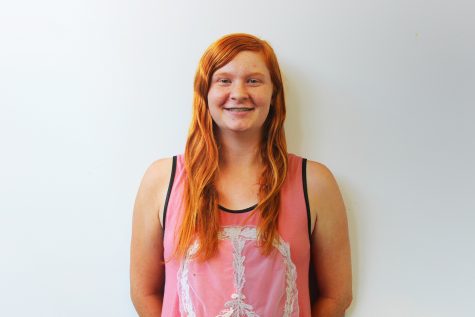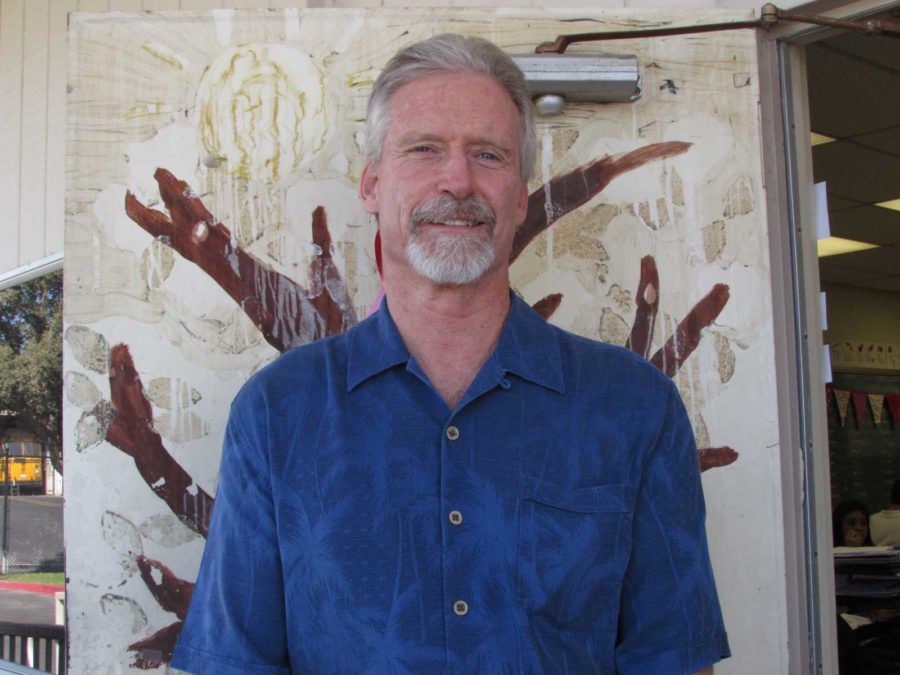Department up-close: A look into special education
“If I could pick one job out of the whole world, it would be this one,” said Joseph Bernal, senior, who currently aspires to be a special education instructor.
Bernal assists with Cam High’s Severely Handicapped (SH) program, also known as the Full High School Experience program, in which kids with a disease, mental disorder or a condition that prevents them from mainstreaming into high school classes can attend a regular, public high school with their peers.
Eighteen Cam High students are enrolled in on-campus classes where students are taught a variety of skills through group and community-based instruction. The students focus on developing their “vocational, domestic, self-care, community access [as well as] social/recreational, functional, and academic skills,” according to Murphy. The SH teachers communicate with each student’s parents to maintain daily notebooks, monthly calendars and progress reports.
In a typical day, the students are involved in a myriad of tasks around campus, such as recycling, helping the custodians, learning basic Math and English. Physical recreation is also encouraged throughout the day. After each student does their required activities, her or she can choose to do other things such as have a snack, play on iPads, exercise, cook, garden, or pick up trash. All of these activities may also be listed on their daily schedules that the teachers put together for each student every day.
Murphy began working at Cam High five years ago, taking over the SH program immediately upon being hired. “It’s the best [when students smile],” said Murphy. “It’s a big moment for them.”
Seven student aides and 13 adult staff members help Murphy run the program, including two speech therapists, one behaviorist, and one occupational therapist.
Cam High’s SH program especially emphasizes experiential learning, with SH students being allowed to attend regular classes and non-SPED students given the opportunity to work with the SH program. The program’s facilitators strive to impose realistic expectations and teach real-world-related functional skills.
According to Murphy, the biggest problem that the SH faces is the ever-increasing load of paperwork required by the federal government and the state, who fund the program. “Every year there’s just more and more,” he said. “It takes a lot of energy that could be used to better improve the program.”
Addy and Guimee*, two SH juniors, said that everyone in the class gets along. “It’s fun,” said Addy.
“I feel happy and joyful [when working with the SH students],” said Bernal. “I don’t like it, I love it.”
*The Stinger cannot post Addy and Guimee’s last names without the written permission of their parents. For that reason, only their first names are used.

Hi I'm Olivia, yes you can call me a ginger all you want. I've been a lover of writing for years and finally thought it was time to do something with it....

















































































![Senior Ditch Day... Relaxation or Truancy? [Video]](https://achsstinger.com/wp-content/uploads/2017/10/IMG_7119-900x599.jpg)
![Heavy Rain Hits Cam High [video]](https://achsstinger.com/wp-content/uploads/2017/02/maxresdefault-900x506.jpg)



